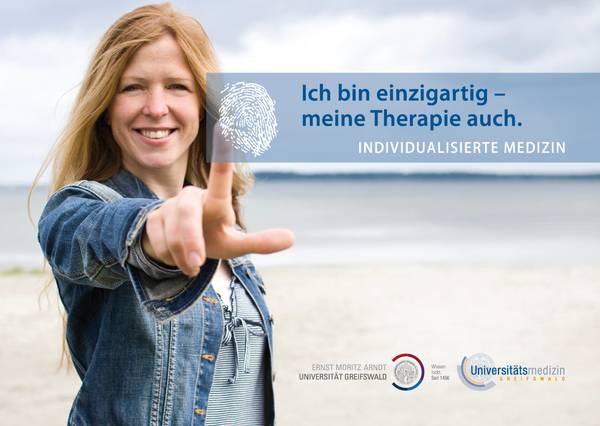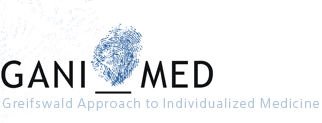




The goal of Individualized Medicine is to develop targeted strategies for the prevention, diagnosis, and therapy of diseases, tailored to the specific characteristics of an individual patient or a well-defined patient group. Specifically, these strategies should improve prediction models for health and disease outcomes; avoid inefficient therapy strategies and adverse side effects.
Currently available risk prediction models for common clinical disease conditions such as cardiovascular diseases, neurological conditions, or malignancies are based on routine clinical and imaging data to estimate risk of disease in initially healthy individuals. Most of these prediction models do not always accurately inform the clinician who will ultimately develop a certain condition and who will not.
On a parallel note, it is challenging to predict individual responses to a given therapeutic strategy for patients with established disease conditions. Using the currently available tools, it remains difficult to distinguish between patients who will respond to a specific therapy and those who will not.
In this context, Individualized Medicine aims to develop individualized risk factor profiles in order to predict more accurately the onset of a certain disease or the response to defined treatment strategies using all available individual data. Accordingly, the identification of a broad spectrum of disease-determining factors is a key requirement for Individualized Medicine. In addition to well established traditional risk factors (including e. g. high blood pressure or elevated lipid levels), the individual genetic architecture and several non-genetic factors (including lifestyle factors, environmental factors, medications) determine the initiation and progression of diseases.
An important aspect of Individualized Medicine is, therefore, to combined clinical data with molecular and biochemical phenotype information and imaging technologies to improve prediction models for health outcomes and to enhance efficacy of treatment strategies in defined patient groups. Comprehensive molecular and biochemical analyses and the identification of disease-related pathways might also help to identify new molecular targets for therapeutic interventions.
A detailed description, how Individualized Medicine will be implemented at the University Clinic in Greifswald within the GANI_MED project (Greifswald Approach to Individualized Medicine) can be found here.






